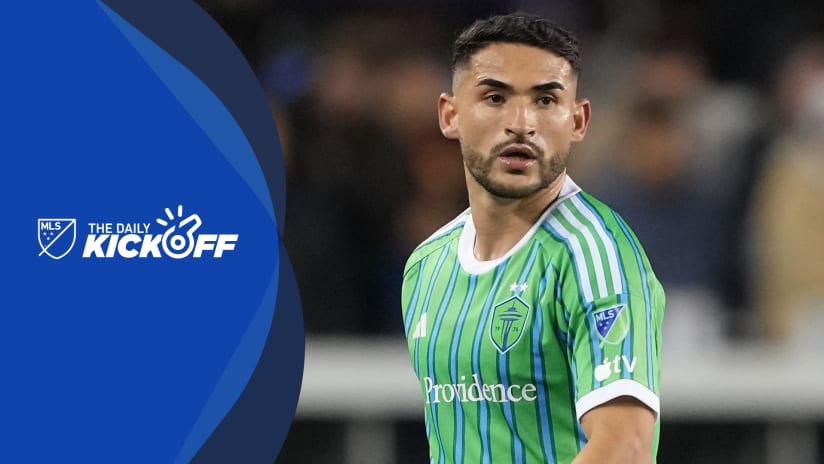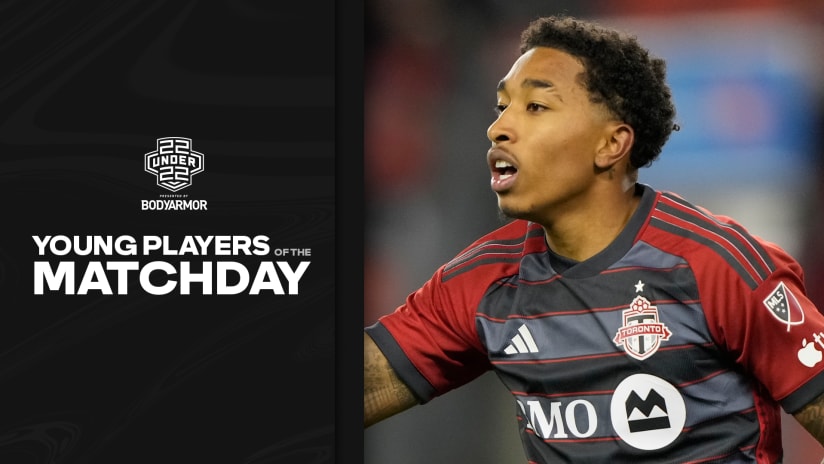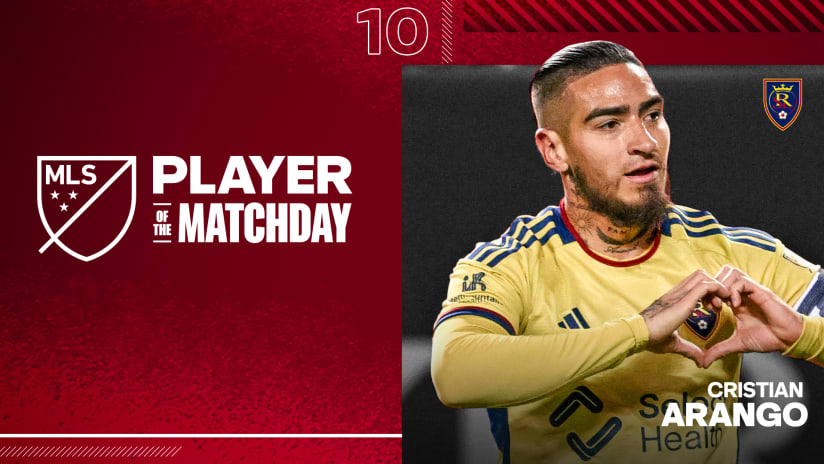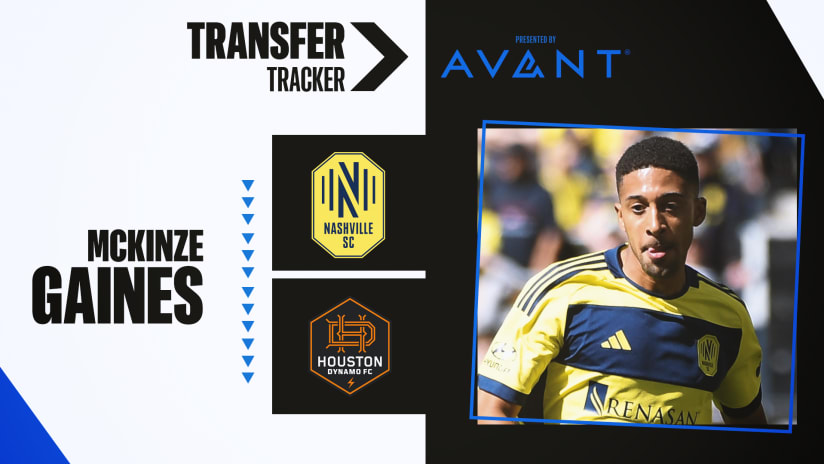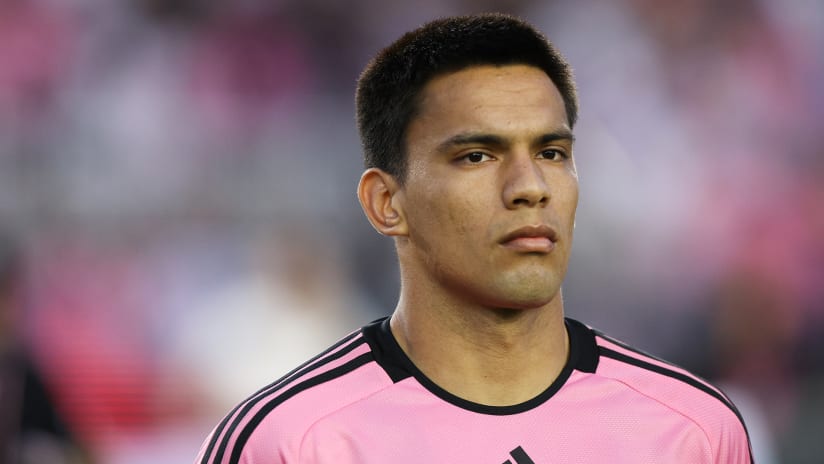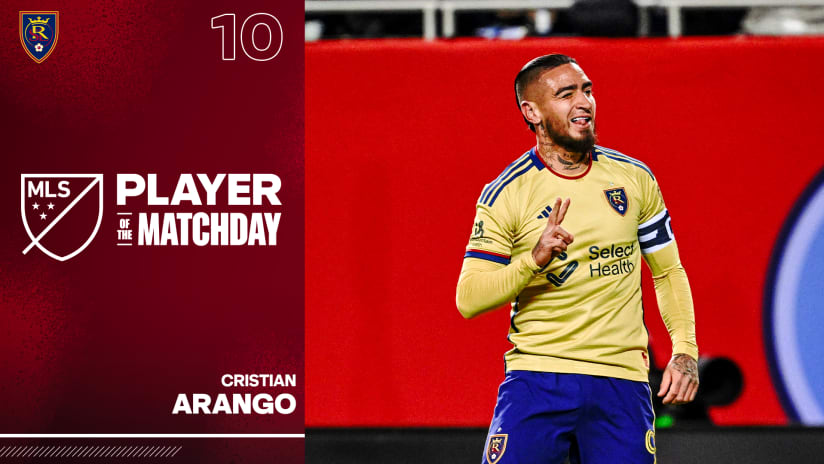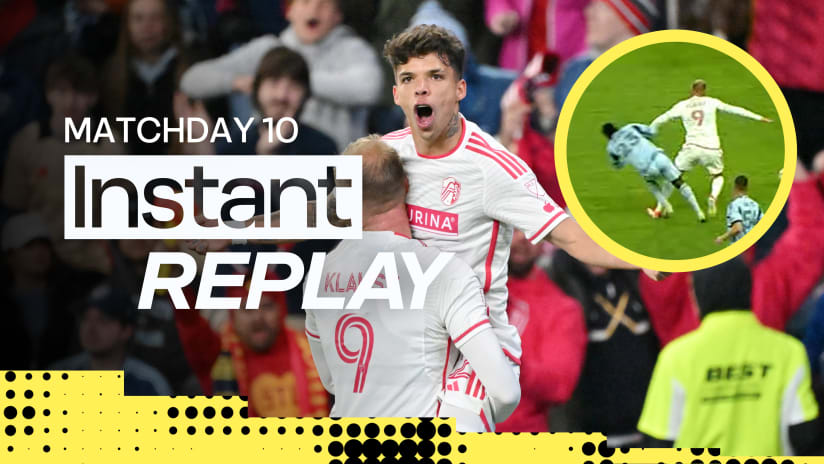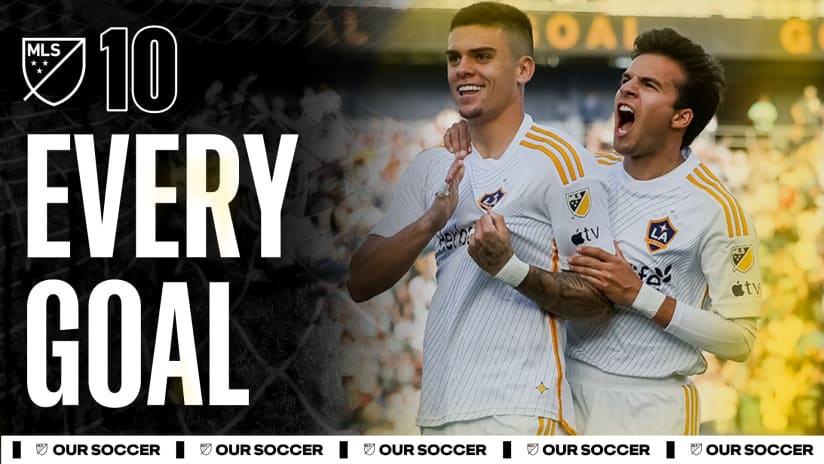The morning after the CCL massacre, and it probably isn’t so surprising that Major League Soccer went three-and-out in the quarterfinals of the CONCACAF Champions League.
Just how it went down is plenty surprising, though. How many figured the defending MLS Cup champs would receive the biggest beatdown, while supposedly overmatched San Jose would come the closest to scoring MLS’ first-ever win on Mexican soil in a knockout game?
But as of Thursday morning, the math has gotten even uglier: MLS teams are now 0-9-3 in Mexico in knockout-round play of the CCL and its predecessor, the CONCACAF Champions’ Cup. In all games on Mexican soil throughout those competitions, their overall record is a depressing 2-28-6, and they’ve been outscored by a very clean total of 99-33 (you can do the division there).
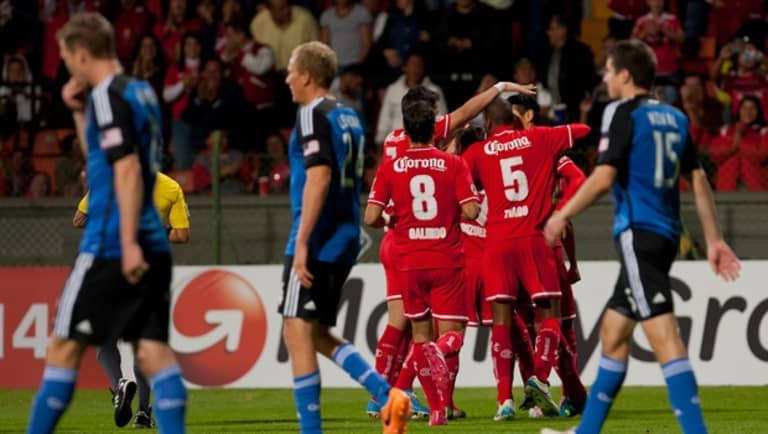
Some argue MLS is closer to dethroning its rival south of the border, others say the league still has miles to go. But on days like these, the gut reaction is to look back three springs ago and hold high the accomplishments of Real Salt Lake.
To this day, the Claret-and-Cobalt’s run to the 2010-11 finals remains the gold standard of how to succeed in the CCL and how to approach the tournament.
But look again. It’s fool’s gold.
The sooner MLS stops using RSL as its reference point, the better off it will be. Because, as much credit as Garth Lagerwey, Jason Kreis and everyone in that organization deserve credit for coming within a goal of glory, they did nothing to help MLS conquer its perennial chupacabra.
First, all credit where it’s due: Salt Lake game-planned specifically for their group-stage games in the fall of 2010 while juggling a run to the MLS Cup playoffs. They were the first MLS team to win their group in the CCL era, edging out a Mexican team in the process and guaranteeing themselves a higher seed in the quarterfinal draw.
Luck taketh away sometimes, as Alan Gordon learned Wednesday night. But on that occasion, luck gaveth to RSL. They were drawn against Columbus in the quarterfinals, avoiding a matchup with Toluca, who finished second in their group. RSL’s draw also somehow kept them away from any Mexican team until at least the finals.
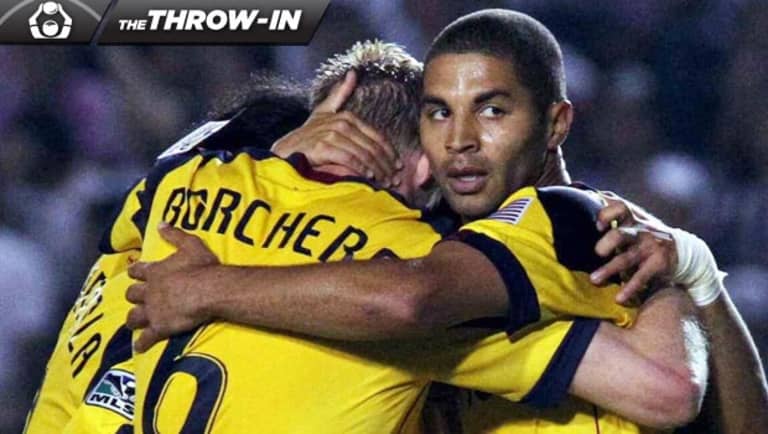
Think about that for a second. RSL were a ping-pong ball, or a fortune cookie-sized slip of paper, or whatever CONCACAF uses, from getting a Mexican team in the quarterfinals or semis.
Again, not to take a single thing away from Kreis & Co., but the bracket was as kind to them as mathematically possible. Maybe that team was good enough and together enough to take out a Mexican team earlier in the knockout rounds, but we’ll never know.
Had they come up against Toluca in the quarters, or perhaps Monterrey, Cruz Azul or Santos Laguna in the semis, we might not even have the memory of their 2011 run at all. And the narrative would be totally different.
Aside from that accomplishment, the league’s other best finishes in Champions League play were semifinal runs by the LA Galaxy and Seattle last year and woeful Toronto FC’s surprise semi sprint in 2012. But other than Seattle's historic scalp of Tigres UANL, neither LA nor TFC had to face a Mexican team to get there. And for all three, a Mexican club was their ultimate undoing. The mountain now seems a little taller.
Is MLS closer to finally playing conquistador in its eternal house of horrors? Maybe. The Galaxy and Sporting KC focused on not conceding at home in their first leg against Tijuana and Cruz Azul, respectively, but couldn’t figure out how to build a bigger lead for second-leg insurance. And that provedtheir undoing.
San Jose, meanwhile, defied all conventional wisdom and tried a unique game plan in Toluca, both to take their injury woes into account and to go with a first-half prevent defense, then hit the accelerator in the second half. And it almost worked.
But it’s not like MLS hasn’t been this close before.
In that 2012 semifinal, TFC had a shock 2-1 lead heading into first-half stoppage time in their semi second leg at Santos Laguna before Herculez Gomez & Co. turned on the jets for an eventual 6-2 win. The Galaxy only fell 1-0 at Monterrey last April thanks to an 81st-minute Aldo de Nigris goal that sealed a 3-1 aggregate win for the eventual champs.
Go all the way back to 2010, and Columbus nearly pulled off the impossible at Toluca before falling 3-2 in the quarterfinals. And then take a trip back to the 2007 Champions’ Cup when Houston and Pachuca waged war deep into extra time at Estadio Hidalgo before the Dynamo eventually fell 5-4 on aggregate in one of the wilder MLS vs. Mexico knockout series.
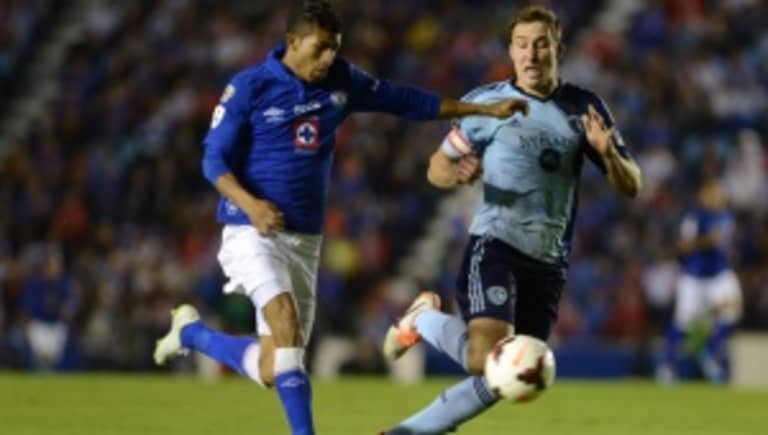
That brings us back to Real Salt Lake. Don’t be blinded by what they did in 2011 as proof that MLS is getting closer. Until MLS finds a way to consistently challenge Liga MX in the Champions League, the more nights like the ones we saw on Tuesday and Wednesday are going to play out on repeat.
If there’s a legacy from RSL’s 2011 run that does apply, perhaps it’s this: their mystifying 2-2 draw at Monterrey in the first leg of the finals that was among the most impressive road results in MLS history.
But a bigger lesson is much simpler. Salt Lake won the right to host the second leg, again, through random draw. Today, MLS teams can secure that privilege in a much more straightforward way: by being as dominant as they can in the group stage to clinch a higher seed.
Of course, the solution to Mexican domination over MLS runs so much deeper and is much more complicated. But you’ve gotta start somewhere.
Jonah Freedman is the managing editor of MLSsoccer.com.





